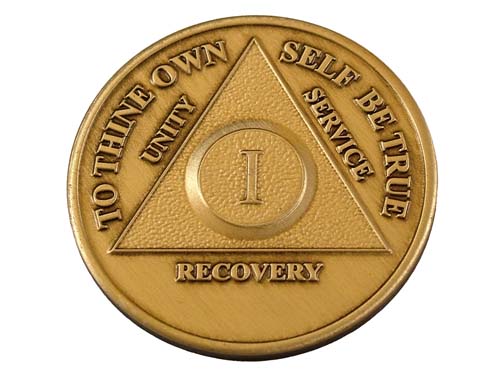In this two-part episode, the first in a Mormon Matters podcast series on the many dynamics of addiction and the processes of recovery, often including positive spiritual growth, Bill Turnbull, a missionary in the LDS Addiction Recovery Program, co-hosts with Dan Wotherspoon a discussion with Preston Dixon and Tyson Dixon, two brothers who are both recovering addicts with LDS backgrounds and who now work full-time assisting others in their recovery. In the conversation, the brothers share their own stories of both their addiction and recovery processes, as well as teach about the physiological effects of addiction that can really us understand why stopping the behavior isn’t simply a matter of will power. A very interesting and powerful aspect of their story is how it is also a story that involves their entire family learning to examine its own dynamics, not only as these contributed to a shaming environment from which Preston and Tyson sought to escape through drugs, but also ways they could assist in their recovery—to staggeringly positive results. The conversation focuses a great deal upon the spiritual power that can come into one’s life as a person fearlessly faces his or her own struggles and where her or his own life, unaided by the Spirit, has led them. It also introduces listeners to 12-step programs such as Alcoholics Anonymous, along with the LDS Addiction Recovery Program.
This is a powerful episode, the first of several to follow on various types and aspects of addiction and recovery. Please listen and then share your thoughts and questions in the comments section below!
Links:
12 Steps to Change (LDS Church video series). Preston Dixon is featured in Step 2 video.
“Landscapes of the Mind,” Mormon Channel video on the brain and addiction as a disease. Hosted by Dr. Kevin McCauley
Renaissance Ranch (LDS-based Drug and Alcohol Treatment)
Renaissance Ranch Outpatient Program
Alcoholics Anonymous (Big Book), online edition
Big Book of Alcoholics Anonymous (paperback)


Comments 5
I almost liked this episode. I think you guys made a HUGE mistake though. When discussing addiction, particularly pornography and sex addiction (and the jury is still out on whether or not those actually exist), it’s important to talk about what constitutes an “addiction”. It is SO misunderstood in the church. Don’t add fuel to that fire.
Coming up! Definitely aware of the controversies about these.
Hi, Dan, when are you going address this? I’m sure there are plenty of people who would like to hear about it.
The issue I have with always talking about what constitutes an “addition” is that too often the discussion stops there. We can just accept that in Church culture “compulsion” and “addiction” are synonymous. And with how language develops, that an okay thing. With “addiction” it doesn’t always mean clinical addiction that you can measure in the brain the same way you measure drug addiction. And this isn’t just true in the Church, this is true across all other discussions about “compulsion” and “addiction.” The media often uses the term addiction because that is how our language developed (I would read a history of the English language book to understand this more, I got a degree in English so we studied in depth how language changes over time). Just because it isn’t a clinical “addiction” doesn’t mean that society can’t use that word. The scientific meaning isn’t always the most correct, or most accurate meaning, specifically because it can limit out “compulsions” purely because people choose not to use the word compulsion.
This same discussion happens in the video game culture, where people argue for hours that there is no such thing as video game “addiction” because it is scientifically a “compulsion.” To see this discussion in a video game context I would recommend watching this youtube clip: https://youtu.be/Y5RSngCFpsc
So to say “there is no such thing as porn addiction” demonstrates a complete and utter lack of understanding of language, and how it develops in a society.
Good work Dan and Bill. Enjoyed the guests and a topic that isn’t addressed enough.